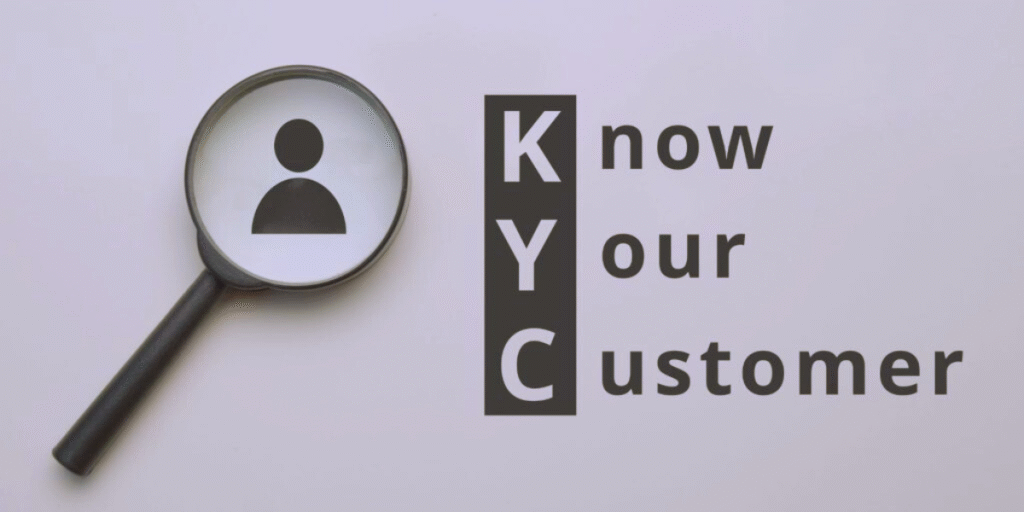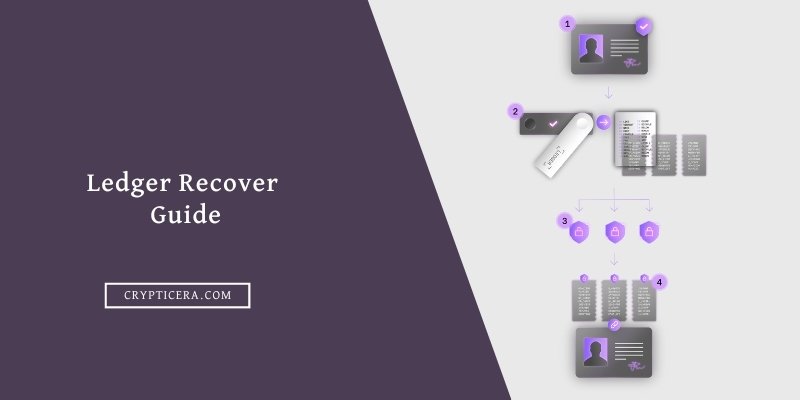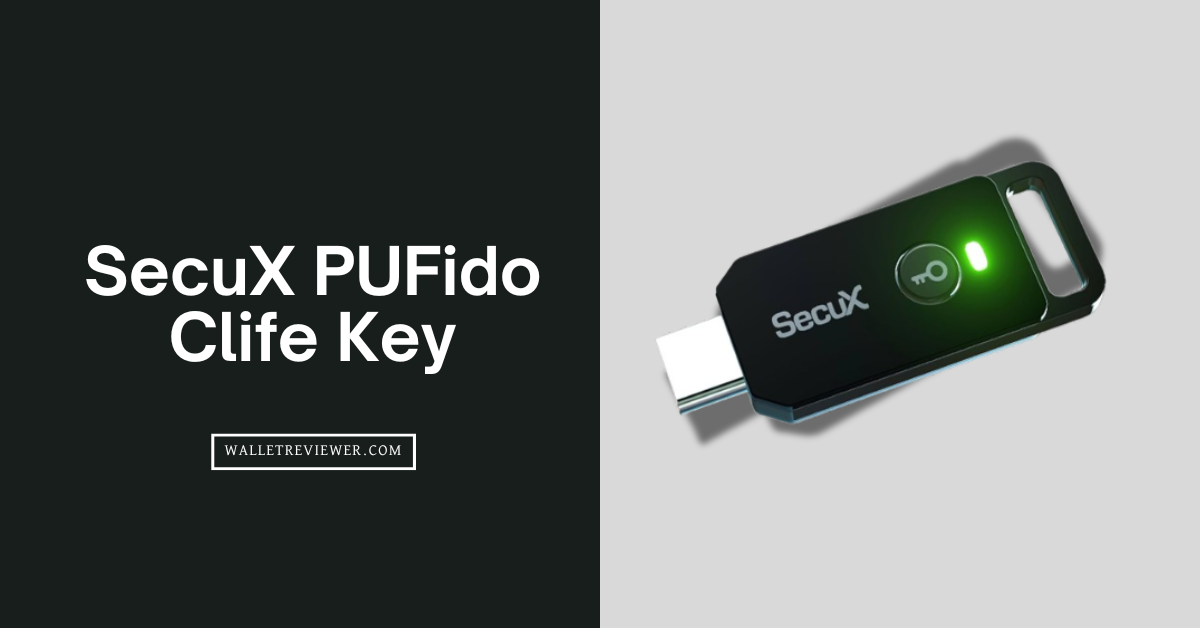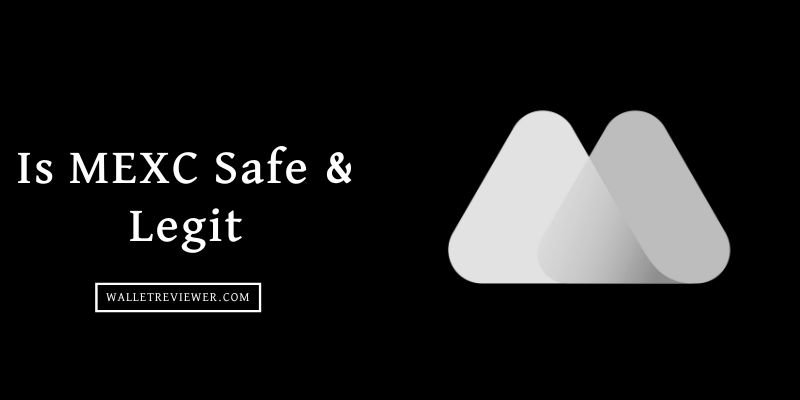There are many ways to buy, sell, and trade digital assets. For anyone, whether new to crypto or experienced, picking the right platform is a big decision. It’s not just about finding a place to trade; it’s about choosing a platform that fits what’s important to you. This could be privacy, security, keeping control of your assets, or just how easy it is to use. Among the many choices, two types often come up: Decentralized Exchanges (DEXs) and No-KYC Exchanges.
This article will explain DEXs and No-KYC exchanges clearly. We’ll look at how each one works, what benefits they offer, and what problems you might run into. By the end, you’ll have a much clearer idea of which option might be better for your own crypto journey.
What Are Decentralized Exchanges?

Decentralized Exchanges, or DEXs, are a new way to trade digital assets. Unlike traditional exchanges that hold your money for you, DEXs work without a central company or person in charge. They are built on blockchain technology and use special computer programs called smart contracts to let people trade directly with each other. This main difference changes a lot about security, privacy, and how much control you have.
How DEXs Work, Their Good Sides, and Their Challenges
At their core, DEXs use smart contracts. These are like self-running agreements written into code. When you trade on a DEX, you don’t send your money to the exchange’s wallet. Instead, you interact with a smart contract that helps swap assets directly from your wallet to another user’s wallet, or often, from a shared pool of money.
This setup means you always keep control of your private keys, and therefore your money, throughout the whole trading process. People often say, “Not your keys, not your crypto.” With a DEX, your keys stay with you.
Here are some good things about DEXs:
- Better Security: Since no one central group holds your money, DEXs greatly lower the chance of big hacks that have hit centralized exchanges before. There’s no single weak spot for hackers to target to steal everyone’s money at once.
- More Privacy: Most DEXs don’t ask you to go through Know Your Customer (KYC) checks, which means you don’t have to show personal ID. This is good for people who want to keep their financial activities private.
- More Token Choices: DEXs often list new and smaller tokens much faster than regular exchanges. This can give you early access to new projects, but it also means more risk.
- Open and Clear: All trades on a DEX are recorded on a public blockchain. This means anyone can check the trading activity, how much money is available, and the code of the smart contract. This helps build trust because everything is out in the open.
However, DEXs also have some challenges:
- Can Be Hard to Use: For new users, DEXs can feel complicated. Dealing with smart contracts, understanding “gas fees” (transaction costs on the blockchain), and concepts like “slippage” can be confusing.
- High Gas Fees: Gas fees can change a lot and sometimes be very expensive, especially when the network is busy.
- Liquidity Problems: While big DEXs have a lot of money for trading, smaller ones might not have enough for certain trades, which can mean you get a worse price for bigger trades.
- No Customer Support: Since there’s no central company, there’s no one to help if you forget your password, lose money because of a mistake, or a trade fails. If you mess up, there’s often no way to get help.
- Limited Transactional Privacy: Even though DEXs don’t link your identity to your trades, all transactions are visible on the public blockchain. So, while your name isn’t there, the transaction itself is public.
What Are No-KYC Exchanges?

No-KYC crypto exchanges, as the name suggests, are platforms where you can trade cryptocurrencies without going through the Know Your Customer (KYC) process. This means you don’t need to give your government ID, address proof, or any other personal details to start trading. While this sounds similar to the privacy DEXs offer, how they work and their risks can be quite different.
Read: What is KYC in crypto
How They Work, Their Benefits, and What Can Go Wrong
No-KYC exchanges generally fall into a few types:
- Centralized No-KYC: Some are regular centralized platforms that just choose not to ask for KYC. They might operate in places with fewer rules or focus on users who really want anonymity.
- Peer-to-Peer (P2P) Marketplaces: Others are places where individuals trade directly with each other. The platform just helps connect them without holding money or asking for ID.
The main point of these exchanges is to make it easy to get started and to offer privacy by skipping the ID checks.
Here are the benefits of No-KYC exchanges:
- Privacy: For people who don’t want to share their personal information with financial companies, or who live in places with strict financial rules, these platforms let them trade crypto without showing who they are.
- Quick and Easy: Without long ID checks, you can often sign up and start trading almost right away. This low barrier makes them good for quick trades or for people who just want to avoid the KYC process.
However, not having KYC also comes with big risks:
- Security Worries: Centralized No-KYC exchanges still hold your money, so they face the same hacking risks as any other centralized platform. But without ID verification, it’s very hard, if not impossible, to get your money back if there’s a hack or the platform goes out of business. There’s no official body to complain to, and the platform can’t confirm you own the account if it’s taken over.
- Counterparty Risk (for P2P): On P2P No-KYC exchanges, you’re dealing directly with another person. Even if the platform offers escrow services, there’s always a risk of scams or problems that are hard to fix without a central authority to help.
- Limited Choices: No-KYC exchanges often have less money available for trading and fewer cryptocurrencies compared to bigger centralized exchanges. This can mean worse prices for your trades.
- Legal Problems: Governments around the world are increasingly cracking down on platforms that allow anonymous transactions because of concerns about money laundering and terrorism financing. This means No-KYC exchanges could be shut down, lose their banking partners, or face legal action, which could lead to users losing access to their money. Their legal status can be unclear, and using them might put you at legal risk depending on where you live.
Direct Comparison: DEXs vs. No-KYC – What’s Different
Even though both Decentralized Exchanges (DEXs) and No-KYC Exchanges let you trade without traditional ID checks, their basic ideas, how they work, and their risks are quite different. Knowing these key differences is really important for making a good choice.
| Feature | Decentralized Exchanges (DEXs) | No-KYC Exchanges (Centralized or P2P) |
|---|---|---|
| Custody of Funds | Non-custodial (you hold your keys) | Often custodial (they hold your funds) or P2P (direct peer risk) |
| Decentralization | Fully decentralized (blockchain & smart contracts) | Can be centralized (company-run) or P2P (platform facilitates) |
| KYC Requirement | Generally no KYC | No KYC |
| Security Model | Relies on blockchain security & smart contract audits | Centralized: Vulnerable to hacks; P2P: Counterparty fraud risk |
| User Experience | More complex (self-custody, gas fees) | Often simpler (like regular exchanges, but without KYC) |
| Regulatory Risk | Harder to regulate directly; focus on interfaces/liquidity | Often in legal gray areas; frequent targets for shutdowns/restrictions |
| Customer Support | None | Limited or none |
| Liquidity | Varies, major DEXs have good liquidity; smaller ones may not | Often limited compared to major exchanges |
Centralized vs. Decentralized Structure
The biggest difference is how they’re built. DEXs are fully decentralized, running on blockchain with no central authority. Trades happen through smart contracts, and you control your funds. No-KYC exchanges can be centralized or decentralized.
Centralized ones, like MEXC, manage your funds and may have some oversight, even without KYC. This means DEXs offer more control, while centralized no-KYC platforms might feel more like traditional exchanges but with less privacy invasion.
Privacy and Security Levels
DEXs generally offer better privacy since they don’t collect any personal data. Your trades are tied to your wallet address, not your identity. No-KYC exchanges, especially centralized ones, might still log your IP address or transaction history, which could be shared if regulators demand it.
Security-wise, DEXs are non-custodial, so your funds stay in your wallet, safe from platform hacks. Centralized no-KYC exchanges hold your crypto, which could be at risk if the platform is compromised, as seen in past hacks like Binance’s 2019 breach.
Pros and Cons of Decentralized Exchanges
Advantages of DEXs
- Privacy: No personal details needed; trade anonymously with a wallet.
- Control: Non-custodial, so you hold your private keys and funds.
- Security: Less risk of platform hacks since funds aren’t stored centrally.
- Transparency: Trades are recorded on the blockchain, visible to all.
- Global Access: Available anywhere with an internet connection.
DEXs like Uniswap support thousands of tokens, making them great for DeFi enthusiasts. They also align with crypto’s decentralized ethos, giving you freedom from corporate or government oversight.
Drawbacks of DEXs
- Complexity: Setting up a wallet and understanding gas fees can be tricky for beginners.
- Liquidity: Some DEXs have lower trading volumes, leading to price swings.
- Fees: Gas fees on networks like Ethereum can be high during busy times.
- Limited Features: Fewer tools like margin trading compared to centralized platforms.
These downsides can make DEXs less user-friendly, especially if you’re new or trading smaller coins with low liquidity.
Pros and Cons of No-KYC Exchanges
Benefits of No-KYC Platforms
- Privacy: Skip KYC processes, protecting your personal data.
- Speed: Instant signup and trading without verification delays.
- Accessibility: Available in regions with strict KYC rules, like the US or Asia.
- Variety: Centralized no-KYC platforms often support more coins and features, like futures trading.
Platforms like MEXC offer low fees and a familiar interface, making them easy for beginners. Decentralized no-KYC options like PancakeSwap combine privacy with wallet-based trading.
Challenges of No-KYC Platforms
- Security Risks: Centralized no-KYC exchanges hold your funds, risking hacks.
- Lower Regulation: Less oversight can mean higher scam risks on new platforms.
- Liquidity Issues: Smaller no-KYC exchanges may have thin order books.
- Tracking: Centralized platforms might still log IP addresses or transactions.
These risks mean you need to research platforms carefully to avoid scams or unreliable services.
Which Offers Better Privacy and Security?
Privacy and security are top priorities for many crypto traders. DEXs take the lead here. Since they’re non-custodial, your funds stay in your wallet, safe from exchange hacks. You don’t share any personal data, so there’s no risk of leaks like those seen in centralized exchange breaches.
For example, platforms like Uniswap or dYdX let you trade anonymously, with transactions tied only to your wallet address. Using privacy coins like Monero on DEXs adds even more anonymity.
No-KYC exchanges offer decent privacy by skipping KYC, but centralized ones aren’t as secure. They store your funds, making them a target for hackers. Past incidents, like the 2019 Binance hack, show the risks of centralized platforms. Even without KYC, these exchanges might track your IP or wallet activity, which could be shared with authorities.
Decentralized no-KYC platforms, like PancakeSwap, match DEXs in privacy but still rely on your wallet’s security. Overall, DEXs edge out for maximum privacy and control, but no-KYC centralized platforms can work if you prioritize ease of use.
Which is Better for Your Trading Needs?
Choosing between DEXs and no-KYC exchanges depends on your goals. If privacy and control are your top concerns, DEXs are the way to go. They keep your funds in your wallet and don’t collect personal data, aligning with crypto’s decentralized roots. Platforms like Uniswap or SushiSwap are ideal for DeFi fans who want to trade tokens or provide liquidity. However, they’re trickier to use, and gas fees can add up, especially on Ethereum.
No-KYC exchanges, especially centralized ones like MEXC or WEEX, are better if you want a simpler experience. They offer low fees, more coins, and features like futures trading, which DEXs often lack. They’re also faster to set up since you don’t need to learn about wallets or gas fees. But you sacrifice some privacy and security, especially with centralized platforms that hold your funds.
For beginners, centralized no-KYC exchanges might feel more familiar, with user-friendly interfaces. Experienced traders or privacy buffs will likely prefer DEXs for their control and anonymity. If you’re in a restricted region, no-KYC platforms give you access that KYC exchanges might block. Weigh your priorities—privacy, ease, or features—to pick the right one.
Tips for Safe Trading on DEXs and No-KYC Platforms
- Use a Secure Wallet: For DEXs, choose a trusted wallet like MetaMask or Trust Wallet. For no-KYC platforms, consider a hardware wallet like Ledger for extra security.
- Research Platforms: Check reviews on Reddit or Discord to avoid scams. Stick to established DEXs like Uniswap or no-KYC exchanges like MEXC.
- Enable Security Features: Use two-factor authentication (2FA) on centralized no-KYC platforms. For DEXs, secure your wallet with a strong seed phrase.
- Use Privacy Tools: A VPN or Tor can hide your IP address, boosting anonymity on both DEXs and no-KYC exchanges.
- Check Liquidity and Fees: Compare trading volumes and fees to avoid price slips or high costs, especially on smaller DEXs.
- Test Small Amounts: Start with small trades to learn the platform and avoid big losses if something goes wrong.



